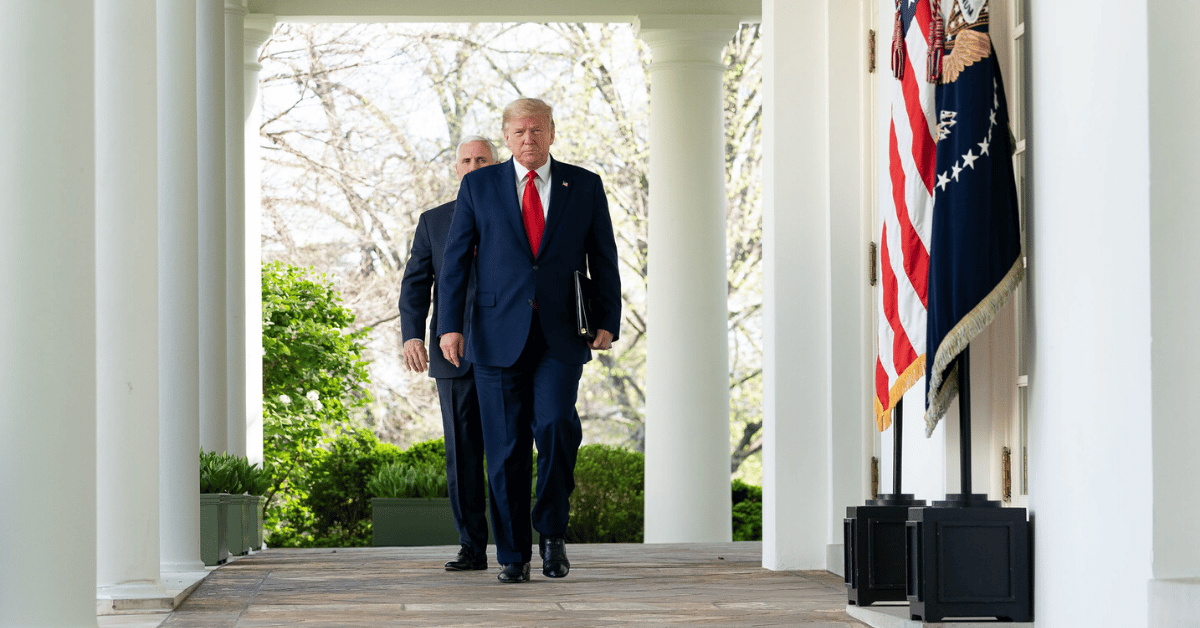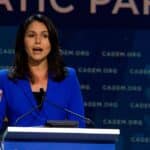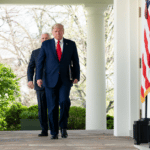


Colombian President Gustavo Petro has stirred diplomatic waters after claiming that his U.S. travel visa was unexpectedly revoked. This development has led to a diplomatic rift within Colombia and disrupted the planned attendance of important meetings in Washington, D.C.
During a meeting with Colombia's Council of Ministers on Monday, Petro announced that he believed the U.S., under the Trump administration, had revoked his travel visa. His remark sent shockwaves through Colombia's political landscape, especially surprising Foreign Relations Minister Laura Sarabia.
The Daily Mail reported that Sarabia was reportedly caught off guard by Petro's assertion. Just recently, she had engaged in discussions with U.S. Homeland Security Secretary Kristi Noem concerning immigration matters in Bogata.
Meanwhile, mounting tensions with the Trump administration have been simmering for months, partly due to Petro's decision to deny landing rights to U.S. military flights in January.
As a result of the alleged visa issue, Finance Minister Germán Avila was sent to represent Petro at crucial meetings in the United States. The meetings include gatherings with the International Monetary Fund and World Bank. The international community reacted to this change, as Avila was left to navigate the diplomatic landscape on behalf of his country.
The U.S. Department of State did not issue formal communication regarding the supposed visa revocation. Instead, the U.S. Western Hemisphere Affairs office emphasized the confidentiality of visa records, refraining from elaborating on the specifics of Petro's situation.
Petro, known for his candid remarks, quipped: "I can't go anymore because I think they've revoked my visa." He referenced his past U.S. visits and humorously noted, "I've seen Donald Duck several times." His comments underscored his penchant for blending grave diplomatic issues with levity.
Finance Minister Avila's presence in Washington, D.C., drew attention not only because of the visa issue but also due to his role in representing Colombia at major finance meetings. He is set to attend a Latin American finance meeting at the IMF's headquarters on April 26.
Sarabia and Avila remained tight-lipped about the purported visa action, maintaining a low-profile approach to the unfolding diplomatic situation.
Meanwhile, Treasury Secretary Scott Bessent used the platform at the financial meetings to criticize the organizations for their climate change initiatives.
The last time a Colombian president faced visa revocation was in July 1996, when Ernesto Samper's visa was stripped following allegations of drug cartel fund acceptance. This historical precedent casts a long shadow over the current circumstances, reviving memories of strained bilateral relations between the two nations.
Tensions between Petro and the U.S. flared when Petro initially refused to allow U.S. military flights to land, leading to threats from Trump involving tariffs and visa restrictions. The situation escalated temporarily but subsided when Petro relented on accepting migrants.
In an official capacity, Department of State spokesperson Tammy Bruce acknowledged awareness of reports about Petro's claims. Despite being privy to the details, Bruce reiterated the policy of non-disclosure concerning individual visa cases, noting that the records are confidential.
Petro's revelations have generated significant domestic and international scrutiny. Colombian officials are left to manage a diplomatic dilemma that has not only strained internal political relationships but also impacted international economic engagements.
This situation highlights the delicate balance Colombia must maintain in its international diplomacy. With Petro not attending in person, Colombia's representatives face the challenge of preserving and advocating for Colombia's interests on a global stage without their head of state present.
As the situation continues to unravel, observers are keenly watching how both Colombia and the United States navigate this incident.
The implications for the future of U.S.-Colombian diplomatic relations remain uncertain but are undeniably critical.



